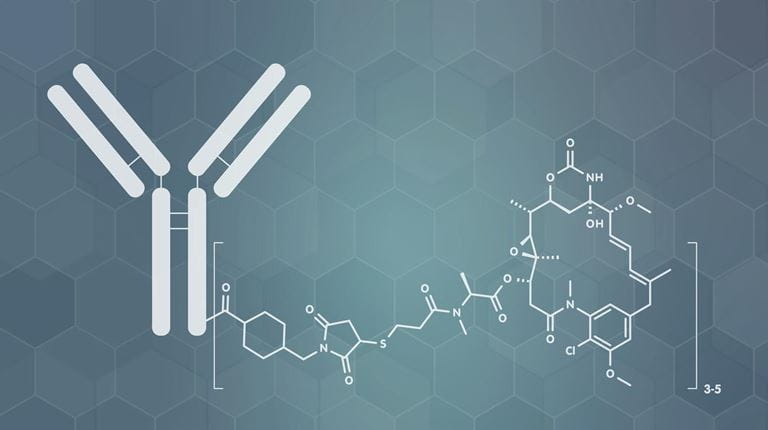1. Monoclonal antibodies are created in a lab with a specific medical purpose/target in mind, using genetic engineering and other specialized methods. More than 100 monoclonal antibodies have been approved as medicines.
2. Monoclonal antibodies differ from antibodies made by the human immune system, which are typically polyclonal antibodies. “Poly” means many. Special cells called B lymphocytes multiply to make copies of natural antibodies known as immunoglobulins. When your body does this, it is with many different variations or clones – also known as a polyclonal response.
3. Monoclonal antibodies are produced by a single clone of cells and fight disease by binding to a particular and specific agent in the body. The right balance for a monoclonal antibody is important. They may have either pro- or anti- effects and too much or too little may limit your desired effect.
4. Monoclonal antibodies go by “mab” for short. When you see “mab” on the end of a generic drug name, it means the medicine is a monoclonal antibody.
5. CSL recently shared an announcement about a new monoclonal antibody treatment. Learn more about this “mab” in the CSL.com newsroom.
Explainer: 5 Things to Know About Monoclonal Antibodies
You have heard of antibodies that the human body makes to fight bacteria, viruses and other invaders. But what are monoclonal antibodies?
Topics



